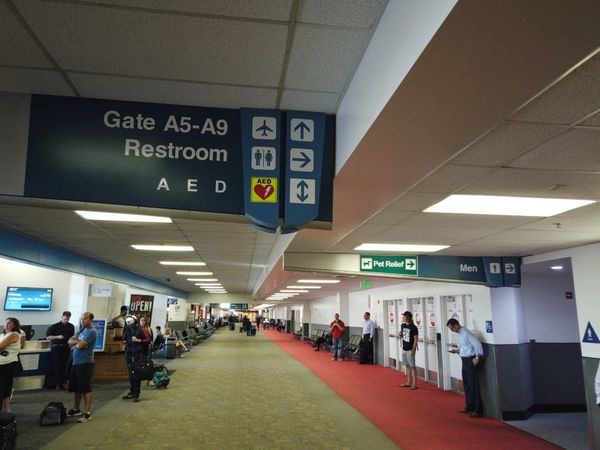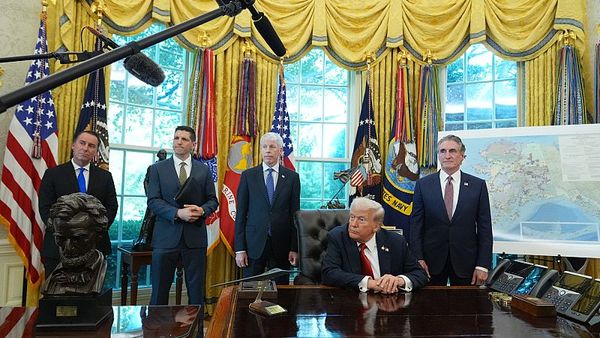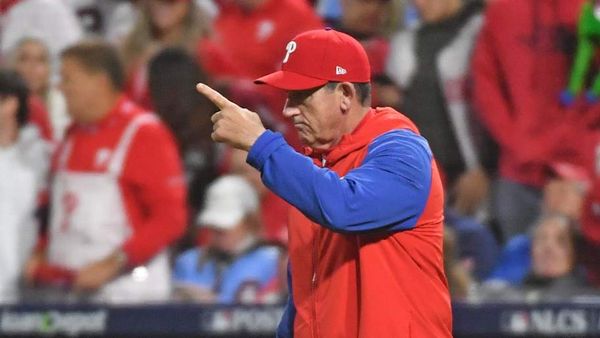
A more challenging job market isn't the only hurdle for college students. It turns out that "educators and employers need to reconnect and realign," according to Cengage Group's study "The Missing Link: Accountability in Career Readiness."
Almost half of graduates feel unprepared for the workforce, per the study. Meanwhile, 56% of those graduates cited the lack of job-specific skills as the top skillset they didn't obtain in college but felt like they needed.
Don't Miss:
- Kevin O'Leary Loves ‘Wonderful Recurring Cash Flows' — These Small Industrial Assets Deliver Just That
- If there was a new fund backed by Jeff Bezos offering a 7-9% target yield with monthly dividends would you invest in it?
How Students Feel About College
Students had a few gripes with their college education, which showed up in the report. Half of colleges dedicate 20% or less of their curriculum to workforce development, according to the 2025 Graduate Employability Report. More than half of students also believe that their institutions give less attention to workforce readiness than they should.
These admissions about higher education's shortcomings also come at a time when more people are questioning the value of a degree and high tuition costs. An upcoming demographic cliff puts more pressure on universities to provide students with the workforce skills that they seek.
This backdrop also comes at a time when colleges aren't the ‘get-a-job-free' cards that they were in the past. Trade schools are gaining popularity, and colleges may have to look at that model to remain competitive.
Trending: 7 Million Gamers Already Trust Gameflip With Their Digital Assets — Now You Can Own a Stake in the Platform
How Educators And Employers Feel About The Skill Gap
Educators believe that students shouldn't have to learn workplace skills on their own, with only 1% saying that students should learn those skills alone. However, there is some miscommunication about who's supposed to pass workforce skills on to students.
Almost 30% of survey respondents believe educators are responsible for teaching workplace skills and etiquette. However, 31% of respondents believe it's up to campus advisor services and programs, with another 31% pegging it on employers.
Knowing that there is a problem is good. However, if no one wants to provide the solution, then the problem remains a problem. It's similar to how the report found that 79% of educators believe students should have AI experience before graduating, but only 37% of those same educators believe it is their job to teach those AI skills in their courses.
See Also: Backed by $300M+ in Assets and Microsoft's Climate Fund, Farmland LP Opens Vital Farmland III to Accredited Investors
Who You Know Plays A Big Role In Your Career
It's not about what you know or who you know, but who knows you. That was one of the findings in the report, which found that 25% of respondents got their job because of personal connections or referrals. Another 22% said internships or prior work experience sealed the deal, but that also involves getting the right people to know you.
The degree itself wasn't as valuable based on the report, only accounting for 17% of hires, per the report. Only 8% of students attributed getting their job to luck, while 20% cited their resume and interview skills.
Right now, there is a disconnect between educators and students. While many educators feel like they are doing enough to prepare students for their careers, many graduates don't agree. Building your network may be one of the best ways to land appealing job opportunities, based on the findings of the report.
Read Next: The ECG Hasn't Changed in 100 Years — This AI Upgrade Could Help Detect Heart Disease Years Earlier
Image: Shutterstock







